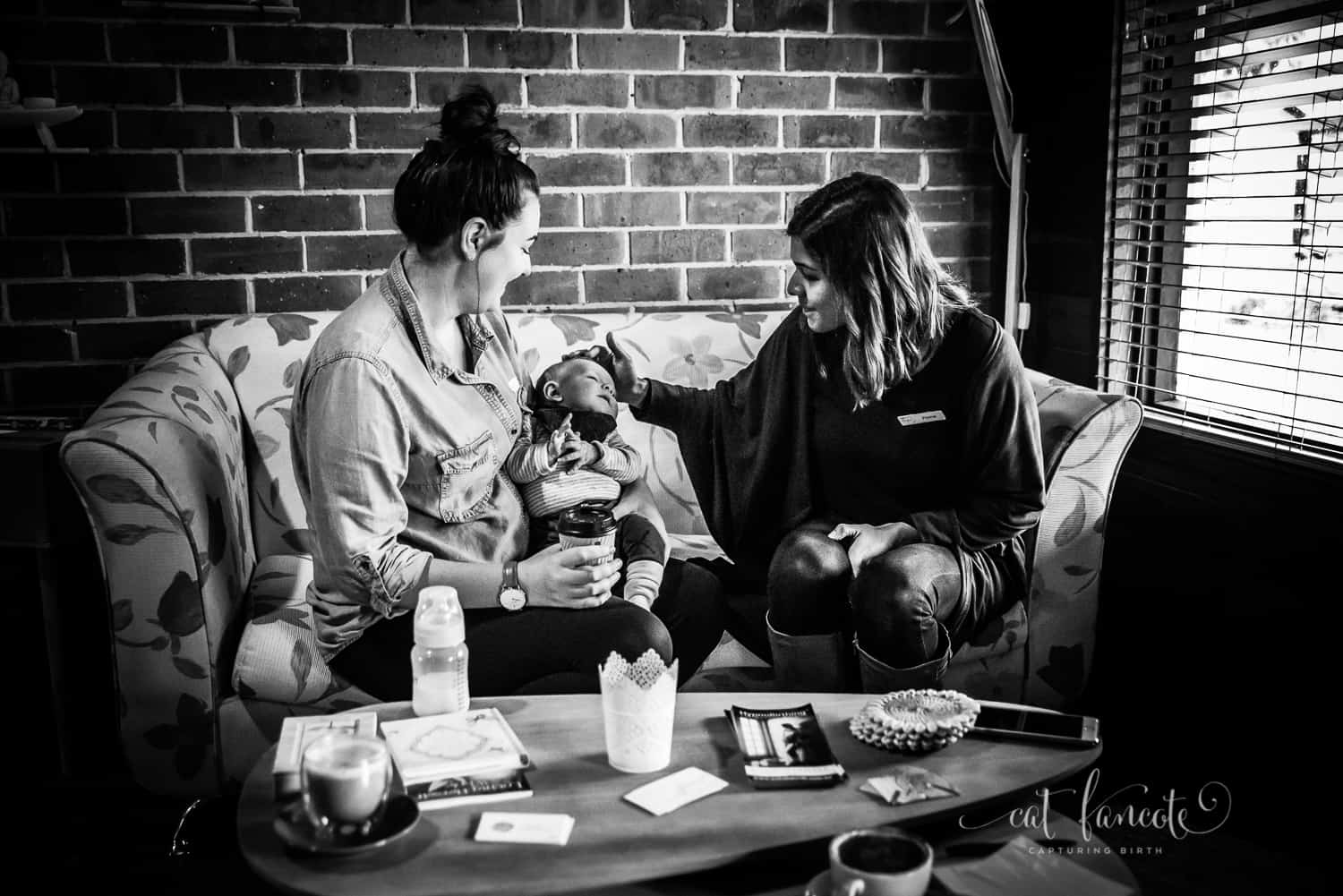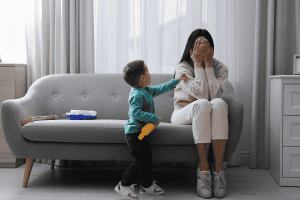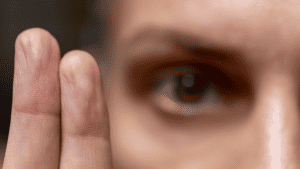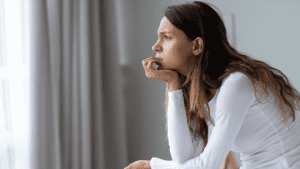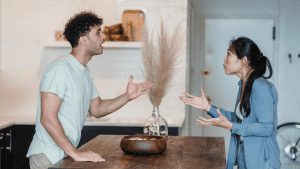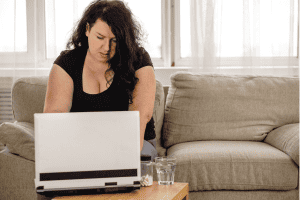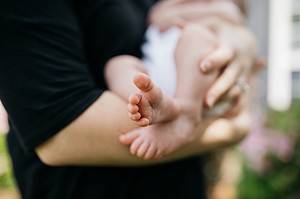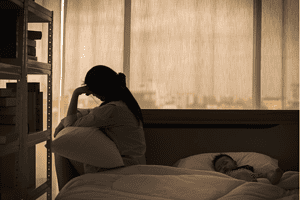While studying for my qualifications in counselling at university it was always strongly suggested that as professional counsellors, we ourselves should engage in our own personal therapy alongside our client work. For how could we authentically join our clients on their journey if we haven’t been through the counselling process ourselves? It made complete sense, but to be honest, they didn’t need to sell me on that one. I have long appreciated the healing benefits of counselling, which is why I entered the field in the first place.
Going back years before I began studying I was fortunate to have stumbled on to a counsellor that was an absolutely perfect fit for me. She ticked every box and helped me change my life. It was with her that I decided that I wanted to help other women the way she had helped me. Fast forward to now and I’ve again begun my search for a counsellor of my own, with two attempts so far, so I’ve narrowed down what I look for in a counsellor so that it may help you.
How to choose a counsellor: what are the 6 most important points to consider.
1 – Connection
This is the first and most important criteria you need to tick off. Your counsellor should make you feel valued, heard and safe. Taking the step to engage in counselling is a big one for most people, and it requires courage and trust. Unconditional positive regard, genuineness and empathy are vital to facilitating change so finding a counsellor who shines at genuinely making you feel accepted from the very first session is fundamental. Your counsellor should always value and accept your and your story, unconditionally. They should be truly engaged in what you’re saying and make you feel heard and validated. Your counsellor should genuinely want to connect with you, support you, and to see things improve for you. This is an absolute given for any successful therapeutic relationship. You may find a counsellor that is half the price, or is conveniently located right around the corner from you, but if that genuine therapeutic relationship can’t be formed then true change cannot occur.
On a more practical note, it is likely that you will feel most valued and safe with a counsellor who has a similar interpersonal style to you, so if you can suss that out early it may help in your choice. For example, if you feel more comfortable with a high level of formality, a counsellor with a more formal communication style, structured office setup, dress code and therapeutic style, would be more likely to benefit you. However, if you feel you can relate more with a counsellor who takes a more informal approach by means of a casual dress code, an every-day communication style and a comfortable homely space then this would more likely benefit you in the development of rapport, safety and trust. Choosing a counsellor that goes against your interpersonal style may interfere with your ability to connect and achieve change.
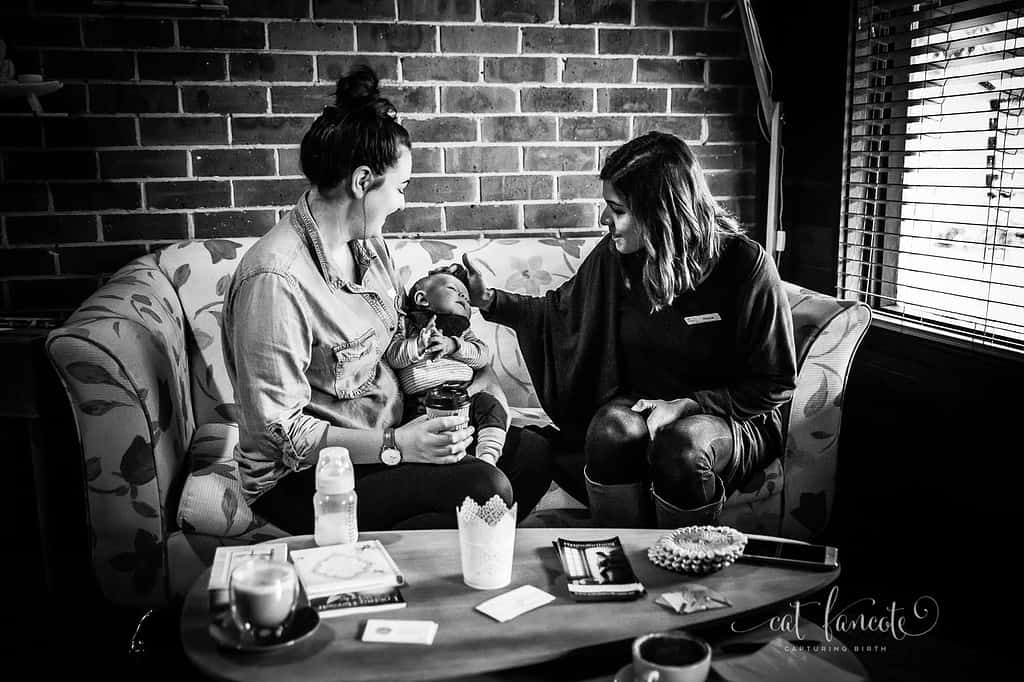
2 – Understanding of your difficulties
One of the main reasons many people have for seeing a professional counsellor, over than simply talking to a friend, is experience. Look for a counsellor who is knowledgeable and experienced in working with the specific difficulties that you’re having and wanting support with. Often counsellors have areas of focus, such as trauma, addiction or eating disorders. Experienced therapists have seen the problems you’re facing again and again, which broadens their view and gives them more insight. You’ll find that counsellors who focus on a particular area also engage in professional development and training in that area, providing you with a clearer path toward insight and change.
3 – Therapeutic approach
Many counsellors lean toward particular orientations and approaches to therapeutic treatment. You may have a specific approach in mind (for example, EMDR, CBT or SFT), or alternatively, you may seek an integrative approach that encompasses many orientations and would be tailored to your individual needs. It may be a question you’d like to ask before you engage in your first session. Seeking out a counsellor that also considers your physical and spiritual health by working holistically with other modalities may also be worth considering. Finding out if your counsellor has trusted relationships with other professionals that work with the same population (such as chiropractors or naturopaths) may be worth exploring.
4 – Accreditation and qualifications
Academic and training qualifications (eg, tertiary degree qualifications), registration with relevant peak bodies and associations (eg, such as the Australian Counselling Association ACA, or Psychotherapy and Counselling Federation of Australia PACFA), further certifications and training in focus areas, and listings in focused directories ensure that the counsellor you choose upholds a certain professional and ethical code of conduct in their practice. If you’re wanting a registered professional, ensure you’re getting one.
5 – Recommendations
Seeking out recommendations from others can be helpful in giving you some names to start looking into. Ask on Facebook groups that you’re a part of, particularly groups that have a lot of members who may be facing similar difficulties (eg. Facebook parenting or mothers groups). Ask professionals you know who deal with the same client population (eg. your doula, childbirth educator or midwife). Search google and look for reviewed counsellors. Ask friends who have benefited from counselling themselves. These will all give you ideas of who to look at, and from there you can see who is a good fit for you.
6 – Contact
Once you have narrowed down your search to a few potential counsellors, it can be helpful to contact each of them and have a brief chat over the phone. Many counsellors are open to a free informal phone chats (usually around10- 15 minutes) to discuss your specific situation before you book in your initial appointment. You can then use this opportunity to ask about their expertise, education, experience, style, fees, cancellation policies, or whatever else might be important to you when finding the right counsellor.
During the phone call, you can usually get an idea of whether you feel comfortable or not, and whether the counsellor sounds like someone you could talk with and open up to as well. If it feels like you’re not a good fit or you just don’t gel, keep looking. If there’s potential, it may be worth going ahead and booking that first session. You won’t know 100% how you feel about your new counsellor until you meet them, but you’ll know after that first session!
Do you need Counselling Support?
If you need counselling support, contact me for a phone chat to discuss your situation and find out how I can help 0402 017 425. Or head to my contact page to book your session. I’d love to speak with you.
Fiona x
My name is Fiona Rogerson and I am an ACA accredited counsellor, and Hypnobirthing (Mongan Method) Practitioner. I work with women and men to overcome emotional and psychological hurdles surrounding conception, pregnancy, postpartum, parenting and identity. I am also available to provide professional development training and workshops to various organisations. I am based south of the river in Perth and can be contacted by email at fiona@fionarogerson.com.au or phone 0402 017 425 or via my contact page. Find me on Facebook and Instagram.


